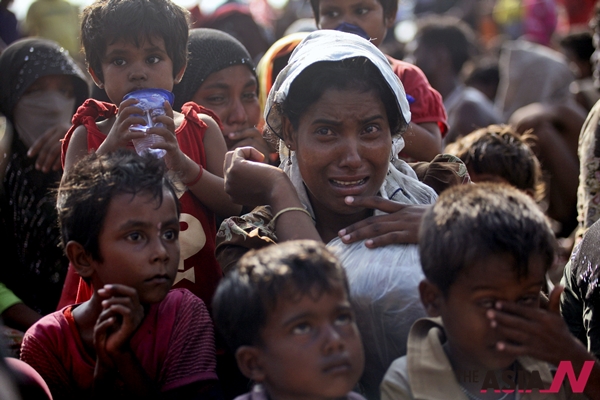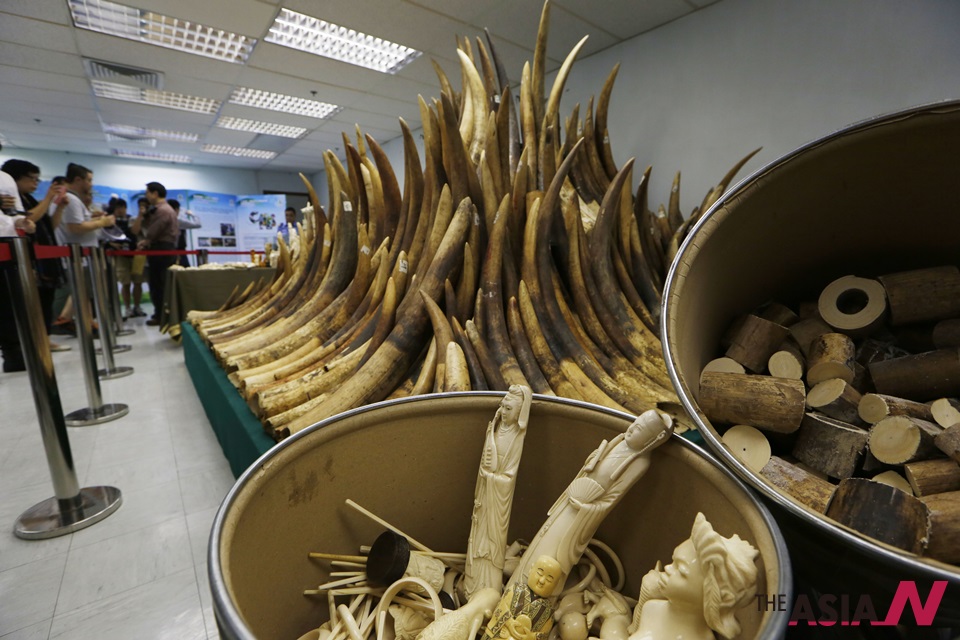
[Asia Round-up] Qatar to end sponsorship system for expat workers

Qatar, host of the 2022 football World Cup, said yesterday it will abolish its controversial sponsorship system for foreign workers, whose treatment in the energy-rich state has stirred mounting international criticism. FIFA chief Sepp Blatter described the move as a “significant step,” but Amnesty International said it lacked substance and amounted to a “missed opportunity”. The sponsorship system “will be replaced with a system based on employment contracts,” as part of a package of labor reforms, said an interior ministry statement, read out at a press conference in Doha.
Sponsorship systems for foreign workers exist in most Gulf countries, which employ millions of foreigners, especially from Asia. The system has been strongly criticized by human rights groups as open to abuse and likened to modern-day slavery. Bahrain abolished the system in 2009, but Kuwait dropped reported plans to follow suit in 2011. The Qatari reforms will also end the longstanding requirement that foreign workers obtain their employer’s consent before leaving the country.
The new system will automatically grant an exit permit to an employee “after a 72-hour grace period prior to departure,” the statement said. The government will also raise the fine for employers who confiscate the passports of foreign workers to 50,000 rials ($13,580) from the current 10,000 rials, in a bid to stamp out the illegal but still common practice.
Foreign workers will be able to change jobs at the end of their contract without approval from their former employer. If the contract is open-ended, a foreign worker will be able to change jobs after five years. “This announcement is a significant step in the right direction for sustainable change in the workers’ welfare standards in Qatar,” said Blatter, head of world football’s governing body FIFA.
Amnesty International, however, was less impressed, saying the proposed reforms “fall far short of the fundamental changes needed to address systemic abuses against migrant workers in the construction, domestic and other sectors”. Amnesty International’s researcher James Lynch said abolishing the sponsorship system, called “kafala” in Arabic, sounds like “a change of name rather than substantive reform”.
The Qatari government has commissioned independent law firm DLA Piper to prepare an in-depth report on the working and living conditions of blue-collar workers. The review by DLA Piper noted that Qatari law does not provide the right to freedom of association and collective bargaining for migrant workers. The reforms envisaged do not include the creation of trade unions or the establishment of a minimum wage.
Officials at yesterday’s press conference said that wages were dictated by supply and demand in the market. Under the reforms, workers will have their wages paid electronically to avoid late payments. And the country would adopt a “unified accommodation standard”, a measure apparently aimed at improving the quality of migrant workers’ housing, which is often Spartan or squalid. All foreign workers will be covered by the new measures, including domestic servants and government employees.
Officials gave no precise timeline for implementation of the reforms. Qatar’s treatment of its massive foreign workforce has been under the international spotlight as it launches a massive construction program for the world football showcase. Doha has rejected charges that construction workers are being mistreated while announcing a series of measures to improve workplace safety and workers’ conditions. The 2022 edition of the World Cup has been mired in controversy ever since it was awarded to the tiny Arab monarchy in the Gulf. the Kuwait Times, Kuwait






